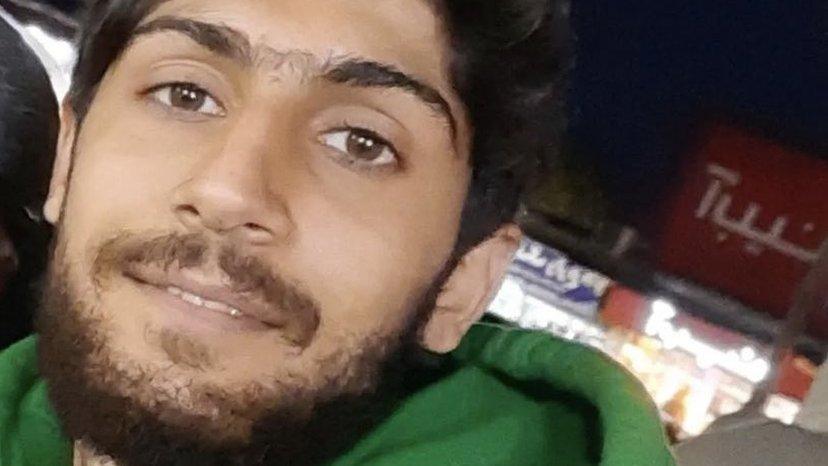Iran protests: Family finds signs of torture on man's exhumed body
- Published
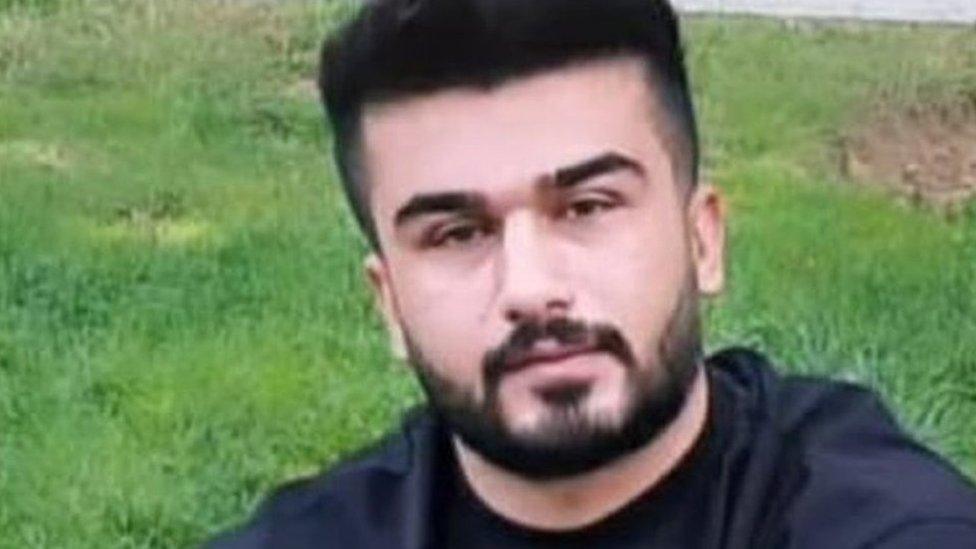
Hamed Salahshoor's body showed the signs of severe head injuries and surgery, his family says
The body of a young protester who died in custody in Iran showed shocking signs of torture after it was exhumed, his family says, in the first such case since the anti-government unrest began.
Hamed Salahshoor, a 23-year-old taxi driver, was arrested near Izeh on 26 November, his cousins told BBC Persian.
Four days later, they said, security forces told his father he was dead and made him declare he had a heart attack.
But his body showed the signs of severe head injuries and surgery, they added.
"His face was smashed. His nose, jaw and chins were broken. His torso from his neck to his navel, and over his kidneys, was stitched up."
Iranian authorities have not commented on the allegations.
Hamed Salahshoor's cousins said he had taken part in the protests that began in September following the death in custody of Mahsa Amini, a woman who was detained by morality police for allegedly wearing her hijab "improperly".
However, they said, his family had not been told why he was detained.
"A few hours before his arrest, Hamed received the good news that he had got a job at the ministry of oil," a source close to the family told BBC Persian.
He then called his mother and told her that he had "finally found a good job", the source added.
Salahshoor later picked up passengers in his taxi in the southern city of Isfahan and began the 185km (115-mile) journey to Izeh.
He never made it home because his taxi was stopped at a checkpoint near Izeh and he was taken into custody.
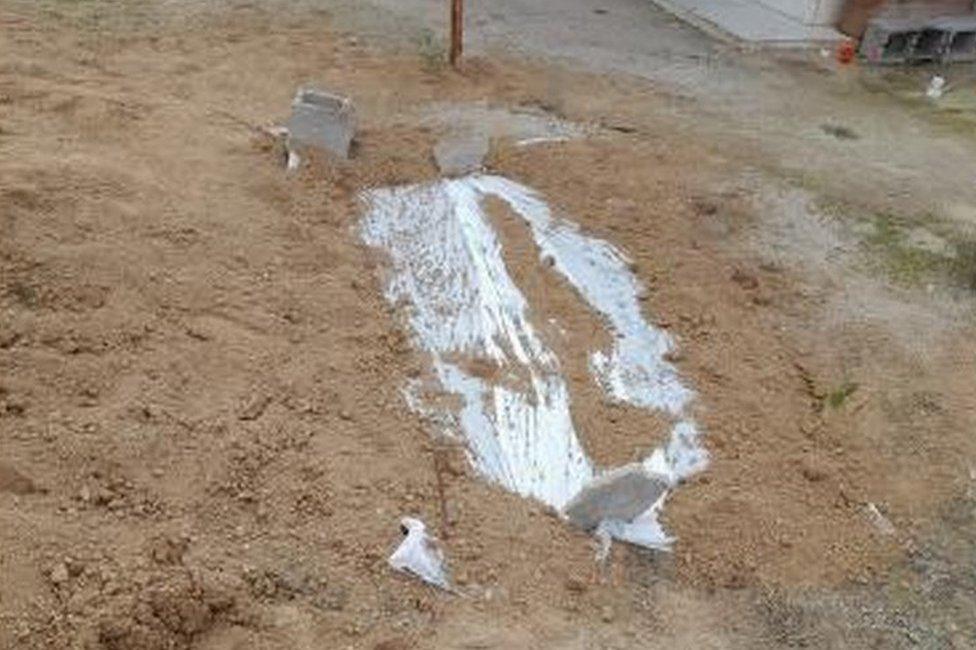
Security forces buried Hamed Salahshoor's body in a village 30km from his hometown of Izeh
Salahshoor's cousins said his father was informed on 30 November that he had died, and that he was forced to sign a document saying that he had suffered a heart attack. He also had to promise not to hold a public funeral.
"Security forces threatened Hamed's father that they would kill his two other sons," the family source alleged.
Security personnel buried Salahshoor's body at night-time in a village 30km (18 miles) from Izeh, with only his parents allowed to be present, according to the cousins.
The next day, his family exhumed the body so that they could bury him in Izeh.
In addition to finding the evidence that he had been tortured and undergone a surgical procedure, they found signs that he not been given a proper Muslim burial, which requires the naked body of the deceased to be washed and shrouded in cloth.
"They buried Hamed with his clothes and shoes on. His body was not straight. And they claim they are Muslims!" his cousins said, referring to Iran's Shia Muslim clerical establishment.
Watch: The secret diaries of women protesting in Iran
So far, at least 502 protesters have been killed and 18,450 others have been arrested during the current unrest, according to the Human Rights Activists' News Agency (HRANA).
Many of those detained have reportedly been subjected to enforced disappearance, incommunicado detention, torture and other ill-treatment.
Yalda Aghafazli, 19, alleged before her death that she was severely beaten in police custody.
"I'd never been beaten this much in the 19 years of my life, but to the last minute I did not express remorse and I did not cry," she said in an audio message that she sent to her a friend following her release.
Allow X content?
This article contains content provided by X. We ask for your permission before anything is loaded, as they may be using cookies and other technologies. You may want to read X’s cookie policy, external and privacy policy, external before accepting. To view this content choose ‘accept and continue’.

Aghafazli was arrested on 26 October in Tehran for allegedly writing anti-establishment slogans on a wall and held for 13 days.
Five days after her release from prison she was found dead in her bed.
The judiciary said she had died of a drug overdose. But a source close to her family disputed the claim, saying that they had been told that the result of a toxicology test would take three months to arrive.
"The police officers who searched her room said nothing was found and the post-mortem report gave the cause of death as 'unknown'," the source told BBC Persian.
Arshia Emamgholizadeh, 16, took his own life six days after he was released from prison in late November.
A source close to his family told BBC Persian that he was "given pills in prison and was beaten", while his mother was filmed saying at his grave: "You were not suicidal, what did they do to you in prison?"
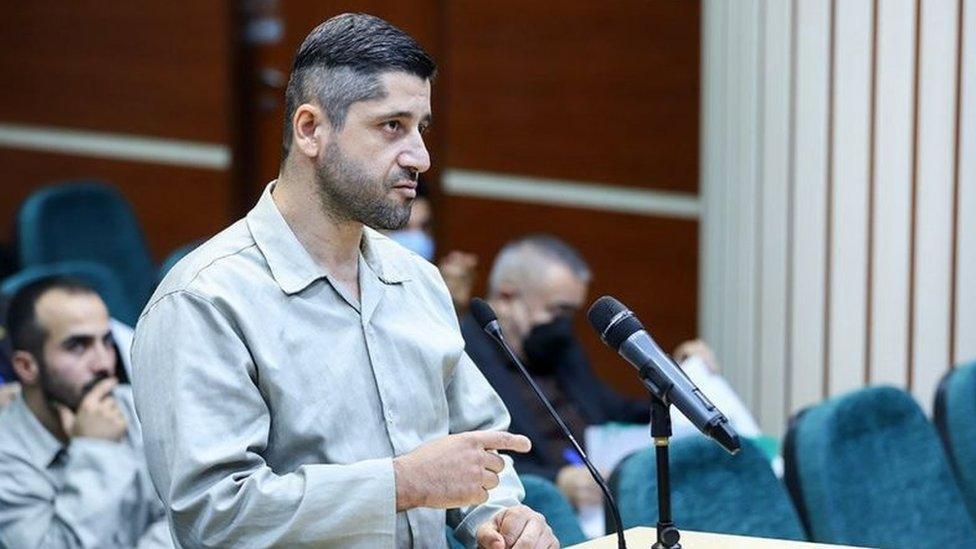
Seyed Mohammad Hosseini says he was tortured into confessing by security forces before his trial
Seyed Mohammad Hosseini, one of the protesters sentenced to death after what human rights groups have denounced as sham trials, has also been tortured in prison, according to his lawyer.
"He was beaten while tied up and blindfolded, he was tasered and beaten in the soles of his feet with a metal rod," Ali Sharifzadeh Ardakani said on Monday, external.
Hosseini was found guilty of the charge of "corruption on Earth" earlier this month in a case related to the killing of a member of the paramilitary Basij Resistance Force in the city of Karaj, near Tehran, on 3 November.
Hosseini has alleged that he was tortured into confessing by security forces before his trial. Mr Ardakani was also denied access to his client.
One of the four other men sentenced to death in the same case, 53-year-old medical doctor Hamid Ghare-Hasanlou, is also alleged to have been subjected to torture and ill-treatment in order to extract a "confession".
X-ray images seen by BBC Persian showed that Dr Ghare-Hasanlou's ribs were broken in custody, piercing his lung.
Related topics
- Published12 December 2022
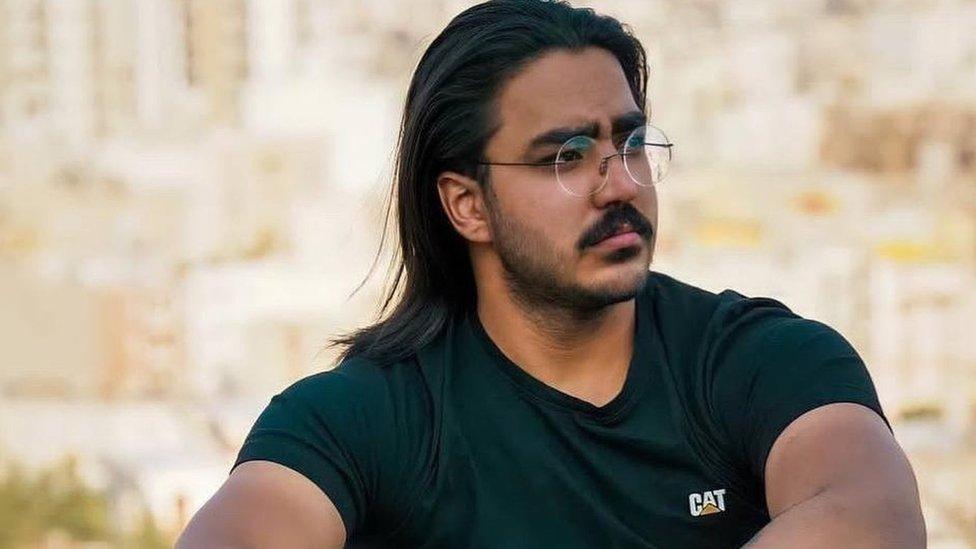
- Published17 November 2022
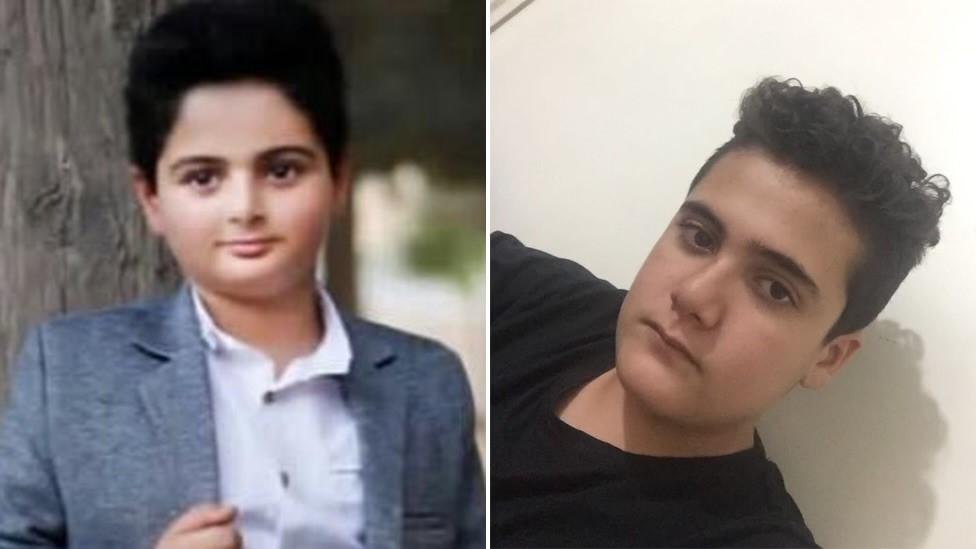
- Published4 November 2022
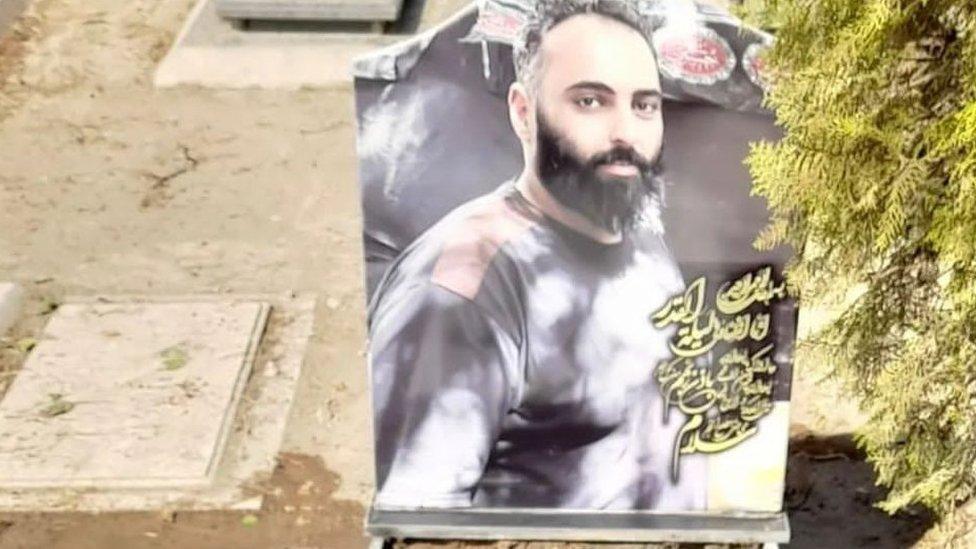
- Published6 December 2022
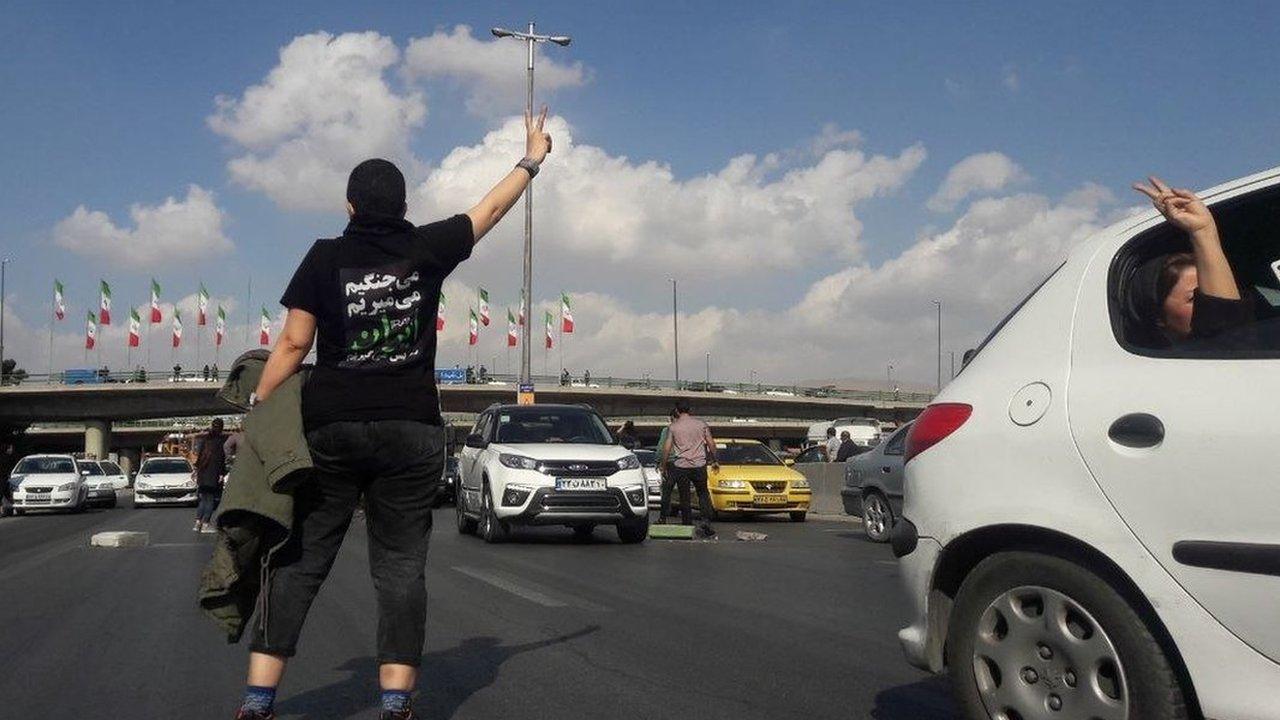
- Published6 December 2022
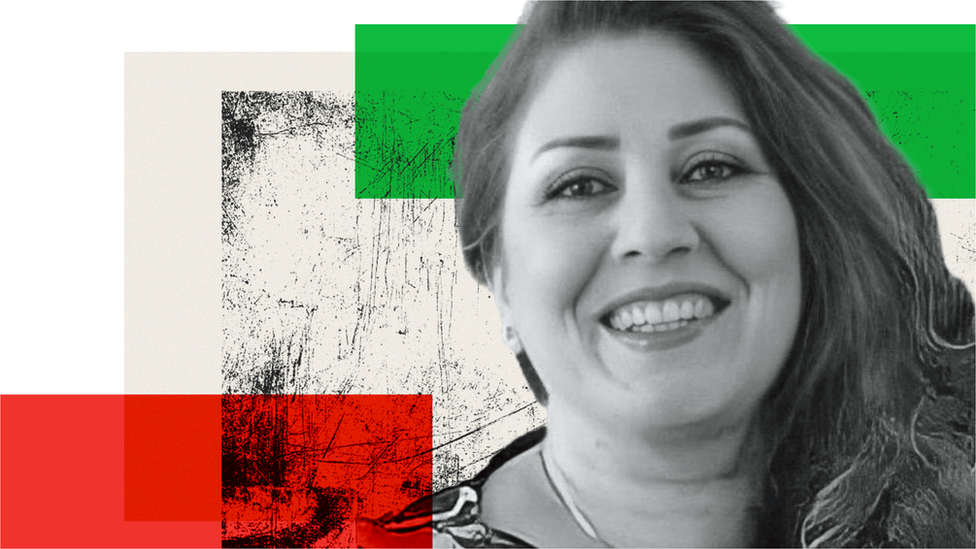
- Published24 October 2022
